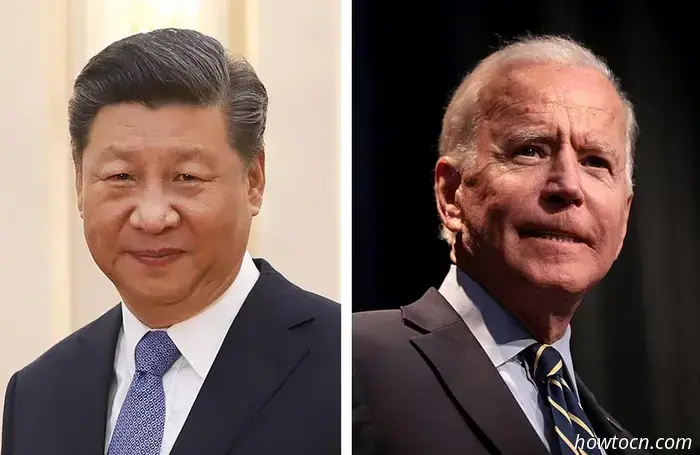
Ngan Shun-kau 顏純鈎 (Yan Chun-gou, born 1948) is a writer, literary editor, and a keen observer of Chinese politics. He was born in Hong Kong and spent his childhood in Fujian's coastal province. Like many peers of his era, Ngan immersively participated in the Cultural Revolution (1966–1976) and rose to leadership within a Red Guard faction. His most recent novel, Blood Rain in My Youth 血雨華年 (2019), reflects on his experiences from this significant decade in Chinese history, which he characterized as 'painted with blood.'
In 1978, Ngan relocated to Hong Kong, progressing through various roles in the local publishing industry, from typesetter to proofreader and literary editor. He was responsible for several key publications, including a rare photo collection titled The Cultural Revolution Museum 文化大革命博物馆 (1995).
In the following essay, Ngan applies his political insight to analyze the implications of two proverbs — yígè bāzhǎng pāi bù xiǎng 一個巴掌拍不響 (literally, it takes two hands to clap, akin to 'it takes two to tango') and jiě líng hái xū xì líng rén 解鈴還須繫鈴人 (only he who tied the bell on the tiger can untie it) — which have been referenced frequently by Xi Jinping and the Foreign Ministry in relation to the Russia-Ukraine conflict. Although these phrases may initially appear as mere clichés serving party rhetoric, Ngan’s interpretation reveals significant underlying logic of the Communist Party of China (CPC) as well as the entrenched cynicism rooted in ancient Chinese political thought.
— The editors
By Ngan Shun-kau, translated by Annie Ren
During his recent ‘summit’ with President Joe Biden, President Xi Jinping executed a clever tactic, employing two Chinese proverbs as a distraction. One was 'It takes two hands to clap'; the other, 'Only he who tied the bell on the tiger can untie it.' Biden must have found these proverbs perplexing, but he was not at the meeting to receive a lecture from Xi on the CPC's stance. His purpose was to issue a warning to the CPC, advising against hasty actions. So, he likely dismissed this display of ‘proverbial Chinese wisdom’ with a laugh.
Fortunately, as a Chinese individual, I can clarify the nuances behind these proverbs.
The phrase 'It takes two hands to clap' obscures the distinction between right and wrong. When two families argue, there should be a clear right and wrong. Most onlookers aim to 'support the one who is right and oppose the one who is wrong'. However, the Chinese perspective is different; it is not their concern if two families are in conflict. If they intervene, they won't determine right from wrong but will merely note that both families bear some fault, as a single wrongdoing cannot lead to a dispute.
This evasive stance reflects a desire to avoid conflict. Claiming A is wrong may provoke A against you, just as pointing out B's faults could lead to conflict. Thus, rather than adjudging right from wrong, one tends to offer irrelevant advice to mask inaction and promptly exit the situation.
But in the case of Russia's invasion of Ukraine, can one truly claim there is no right or wrong? Despite the accusations made by Russia against Ukraine, these do not justify an invasion. Isn’t the CPC consistently advocating for national sovereignty and territorial integrity? Ukraine is an independent country with its own sovereignty, and it does not require external approval to make its decisions. The Donbas region belongs to Ukraine. No matter Russia's rationale, it cannot invade another nation. This distinction represents the critical difference between right and wrong in the Russia-Ukraine conflict.
The CPC has sidestepped any discussion of right and wrong in this conflict by focusing solely on appearances, ignoring the fundamental root of the issue. This is a war. Both nations have deployed forces and are engaged in combat. From the CPC's viewpoint, both are at fault and should face equal reprimand. They are expected to negotiate and reach a peaceful resolution.
Does this imply that the CPC has assumed a neutral stance in the Russia-Ukraine war? Absolutely not. The CPC supports Russia and stands against Ukraine. However, supporting Russia is unpopular globally, and the CPC seeks to avoid appearing too direct in its backing. Hence, it resorts to such superficial reasoning. To avoid accountability, it decides to 'stand on both sides.' While this might seem shrewd, if the two sides are moving in opposite directions, one will inevitably end up drowning. This illustrates the foolishness of overestimating one's cleverness.
Regarding 'Only he who tied the bell on the tiger can untie it', it serves as another excuse for the CPC
-Politics-in-Command-Xi-Jinpings-July-Visit-to-Xinjiang-The-China-Story.jpg)
Xi Jinping, the leading figure of the People's Republic of China (PRC), conducted a four-day 'investigative tour' of eastern Xinjiang in mid-July—marking his first visit to the Uyghur Region since 2014. At first glance, the trip and its public narrative seem similar to those of his predecessors. However, the ideological emphasis of Xi's comments during the visit centered on a historical account showcasing an innate sense of Zhonghuaness, where Uyghurs, Kyrgyz, Kazakhs, and other indigenous peoples of Xinjiang were included from the outset. This narrative is notably inclusive, minimizing non-Han ethnic identities not by rejecting them, but by subsuming them into a broader, constructed category. In essence, Xi’s interpretation of Zhonghua-ism has harnessed the notion of a collective identity for colonial objectives, emphasizing a shared history, common territory, and a sense of unity expressed through 'root veins.'
-for-the-CNY-Holiday-2025.png)
If you intend to be in Beijing during Spring Festival, you might be curious about which places will be open during the holiday.
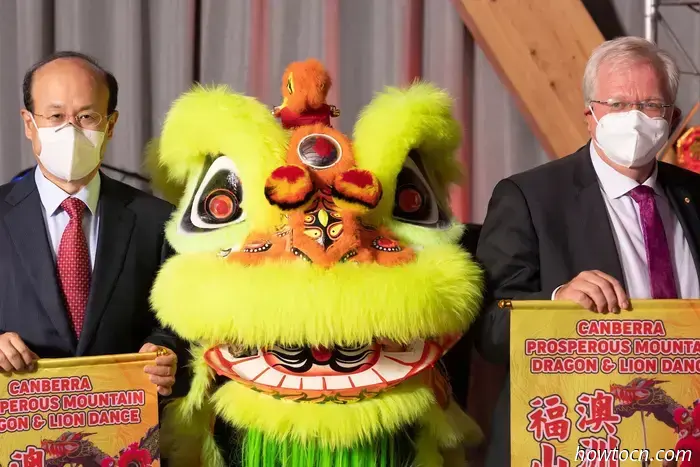
Biography of Xiao Qian: The New Chinese Ambassador to Australia and His Role in China-Australia Relations
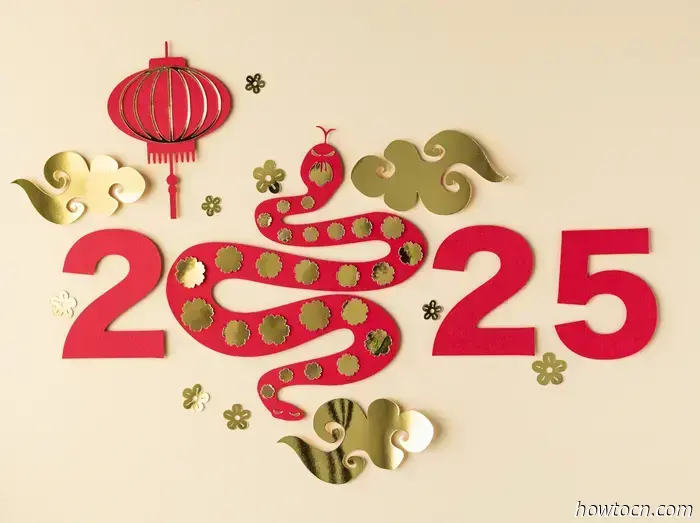
The Chinese Zodiac is a fascinating aspect of the culture during the Spring Festival, so let’s explore its origins and uncover its rich history!
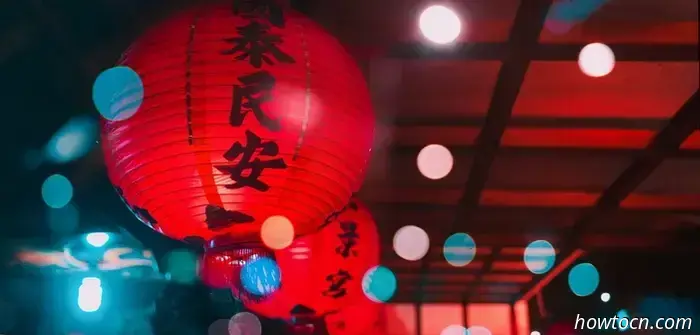
As the Chinese New Year nears, it's time to refresh your polite expressions before you get hit with baijiu and fireworks.
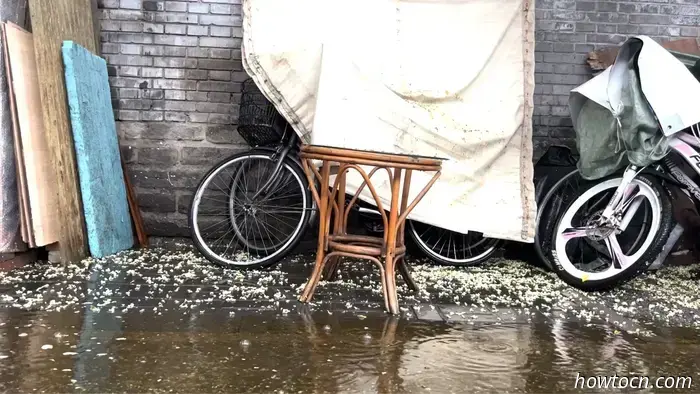
To celebrate the Lunar New Year, we reached out to influential figures in the capital to find out how they would spend 24 hours in Beijing.
Ngan Shun-kau, the ex-Red Guard leader who has become a literary editor, interprets the significance of the two Chinese proverbs referenced by Xi Jinping and the Ministry of Foreign Affairs in relation to the Russia-Ukraine conflict.